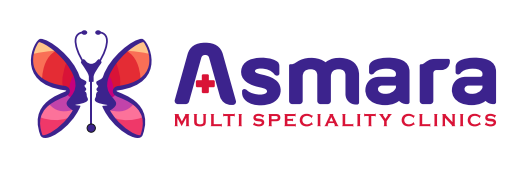Food poisoning is a medical condition that occurs when a person consumes contaminated food or water containing hazardous bacteria, viruses, parasites, or poisons. Unhygienic conditions during food preparation, storage, or transportation, inappropriate food handling, low cooking temperatures, and cross-contamination are some of the possible origins of these pollutants. Undercooked or uncooked meats, poultry, seafood, unpasteurized dairy products, and inadequately cleaned fruits and vegetables are frequently the perpetrators.
How to Recognize the Symptoms: The signs and symptoms of food poisoning might differ based on the type of contamination and personal characteristics like age, health, and body reaction. Symptoms that are frequently experienced include headaches, muscle aches, vomiting, diarrhoea, cramping or pain in the abdomen, and fever. Food poisoning can cause serious problems that need to be treated by a doctor, such as electrolyte imbalances and dehydration.
Management and Treatment: In order to relieve symptoms and avoid dehydration, supportive care is usually provided for food poisoning patients. This includes getting enough rest, staying hydrated with clear liquids or oral rehydration treatments, and using over-the-counter drugs to treat diarrhoea, nausea, and vomiting. Antibiotics may be recommended in severe situations or for certain types of food poisoning, such as bacterial infections. It’s important to follow your doctor’s advice and avoid self-medication, as some medications may worsen or delay recovery.
Preventing Food Poisoning: The best defense against food poisoning is prevention. By following the recommended food safety and hygiene precautions, you can lower your chance of infection and shield yourself and your loved ones from foodborne illness.
- Hands must be thoroughly cleaned both before and after handling food,
- Meals should be cooked to the proper internal temperature to prevent cross-contamination,
- Perishables should be promptly refrigerated, and only pasteurized dairy products and properly cooked foods should be consumed.
In conclusion, food poisoning is a common yet avoidable illness that can have serious consequences for individuals and communities. By understanding symptoms, remedies, and preventive measures, you can proactively protect your health and overall well-being. Always follow the recommended food safety precautions, keep up to date on food recalls and outbreaks, and get medical help if you suspect you may have food poisoning.
If you are cautious and knowledgeable, you can decrease the danger of foodborne disease in your daily life and enjoy meals with peace of mind.


